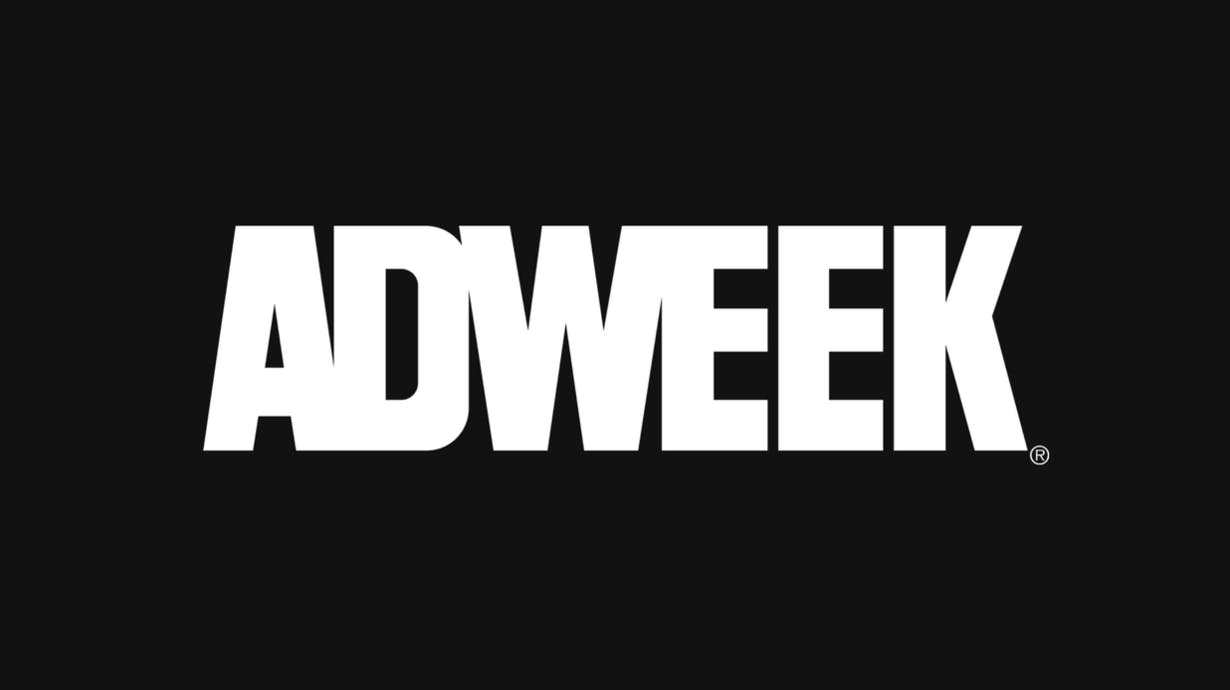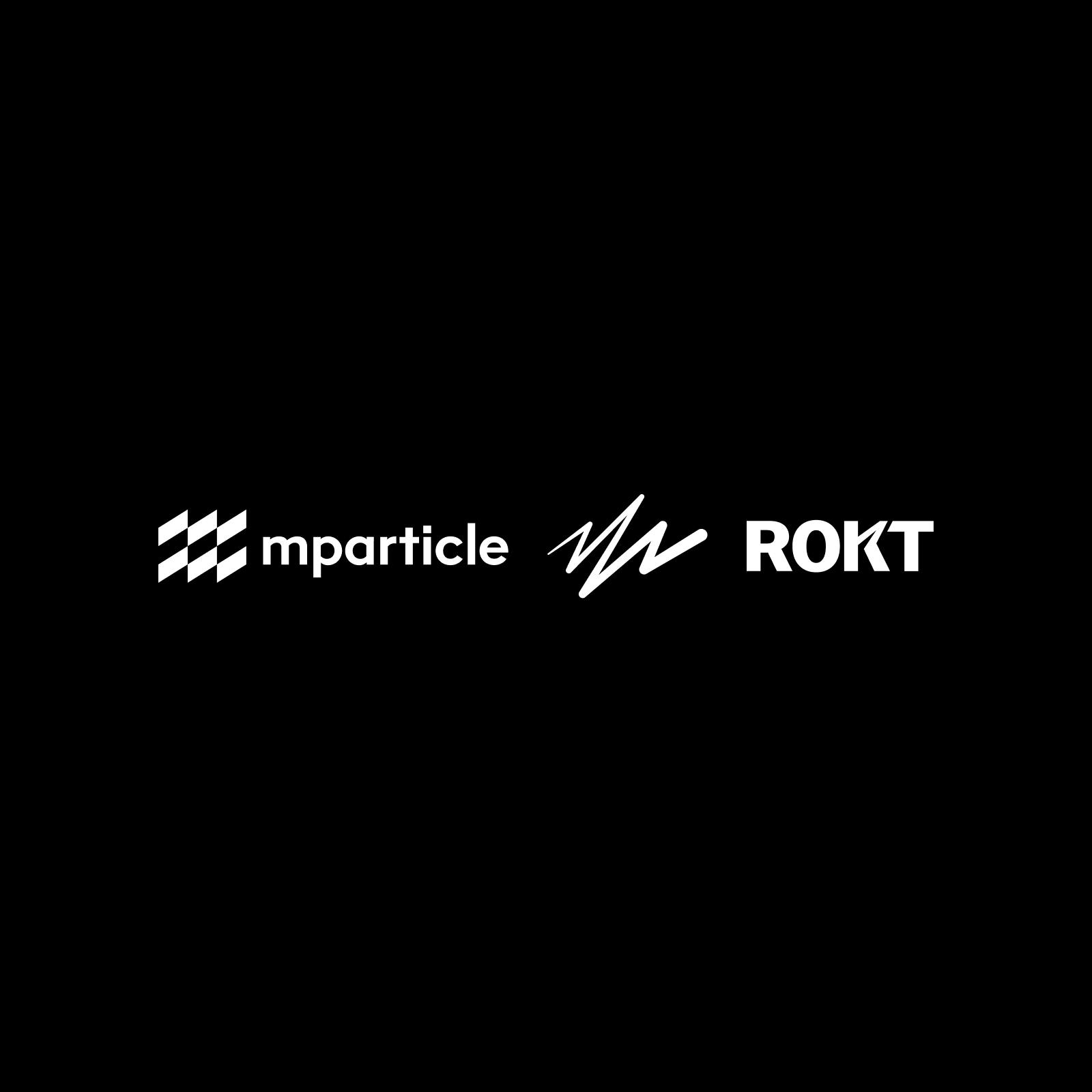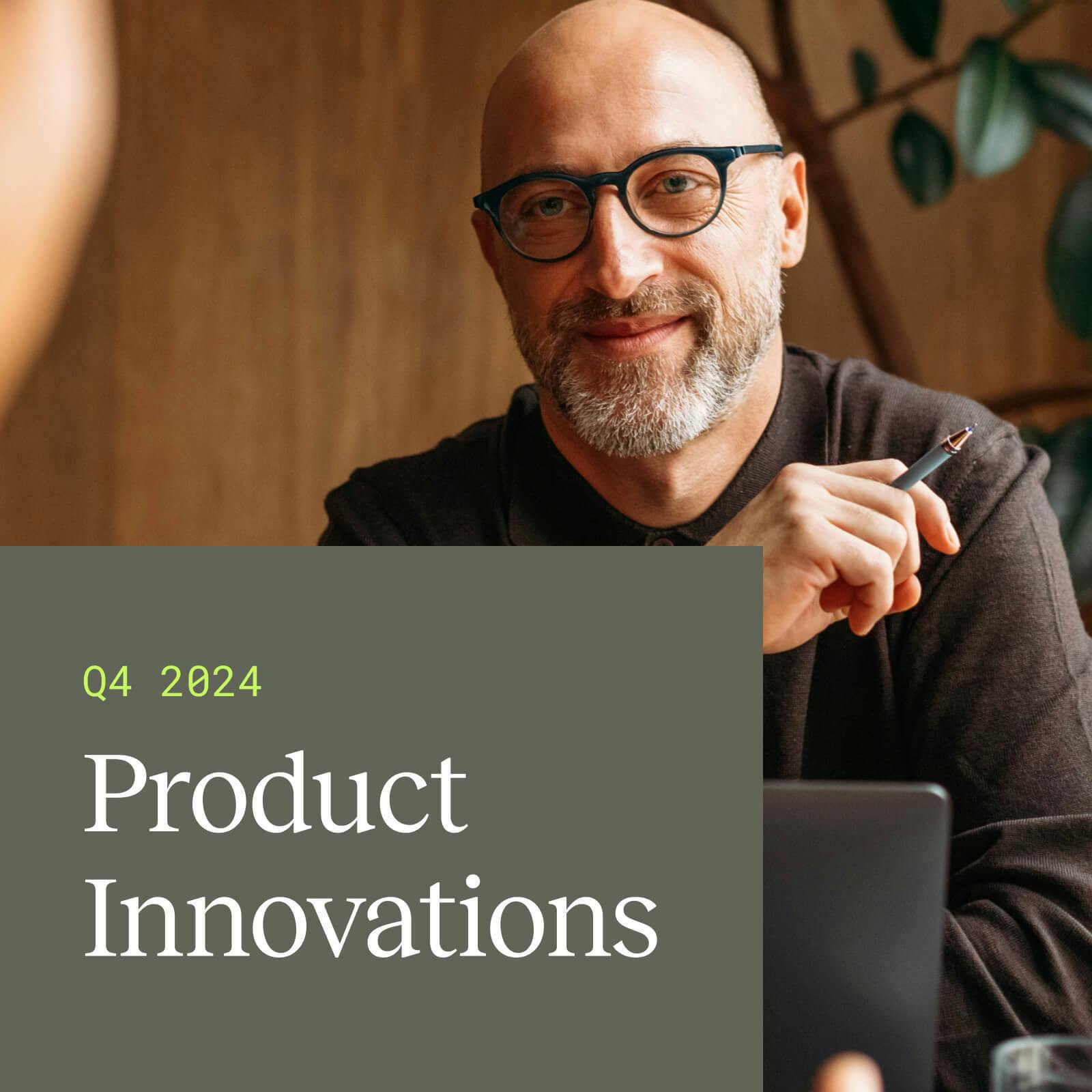7 New digital marketing stats that jump off the page
These seven data points represent the most exciting things happening in online branding. Among them, marketing tech is still booming, as evidenced by mParticle’s $35 million Series C funding.

The ride-sharing app was part of an interesting several days in concerns to online industry numbers.
There were a lot of big numbers thrown around last week in the land of online branding. Here are seven data points that grabbed our attention.
1. The duopoly abides
Google and Facebook will account for 63 percent of all digital ad sales this year, according to eMarketer’s latest projections. In terms of raw numbers, that means $35 billion for Google and roughly $17.4 billion for Facebook.
2. Yelp is beating Snapchat—say what?
Also in eMarketer’s report: Yelp will make $720 million this year in digital ad sales in the United States, while Snapchat will bring in $640 million in the U.S. When considering how much more positive chatter Snapchat has received in recent years, those numbers were quite surprising.
3. Pinning down audience targeting
Pinterest advertisers now have access to 5,000 interest categories that will begin rolling out in the coming weeks. According to the image-pinning platform, initial results from the super-targeted ads have increased clickthrough rates by 50 percent and dropped the cost-per-click by 20 percent for brands that have tested the tool like Nordstrom.
4. Marketing tech booms
Four-year-old mParticle just raised $35 million funding, bringing its cash total in recent years to $76 million, according to Business Insider. The cash thrown at the advertising and marketing technology player shows the hotness of its customer-experience-minded space. In March, Adweek named the founding team of brothers, Andrew and Michael Katz, as mar-tech trailblazers to keep an eye on.
5. It’s an omnichannel world
A 451 Research study, which was commissioned by PlaceIQ, surveyed 200 senior marketers in retail, auto, CPG, dining and travel. It found that 45 percent of marketers ranked online customer engagement as a key goal for their offline campaigns.
6. Fetch them a lawyer
Uber is suing Fetch Media for at least $40 million, accusing the mobile ad company of improper billing for fraudulent ads and falsely taking credit for app downloads. The ride-sharing app filed a lawsuit last week in United States District Court in its hometown of San Francisco, after recently discovering the alleged activities when canceling a campaign running on conservative website Breitbart.
James Connelly, Fetch founder and CEO, fired back about the allegations, calling them “unsubstantiated, completely without merit, and purposefully inflammatory so as to draw attention away from Uber’s unprofessional behaviour and failure to pay suppliers.”
7. Kremlin crookedness?
A bow has been put on a Soviet-minded summer in America: Facebook revealed last week that it turned over more than 3,000 ads that were linked to Russia to the Senate and House intelligence committees as part of their investigation centered on the 2016 presidential election.
The ads were purchased by a Russian entity known as the Internet Research Agency, according to the digital giant. Congress, the national media and the public have been either intrigued or concerned—depending their political stripe—with the Kremlin’s impact on last year’s U.S. election, as well as its effects on elections in other Western democracies.


